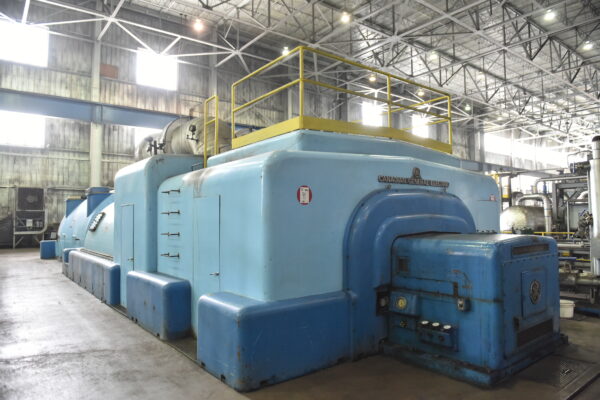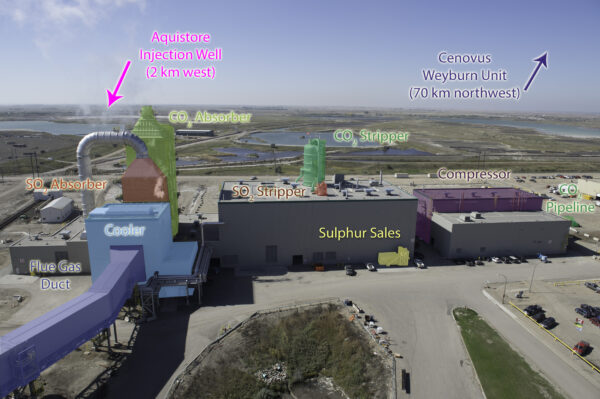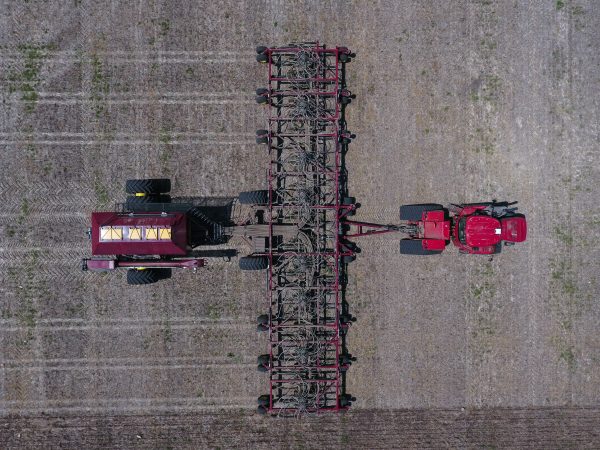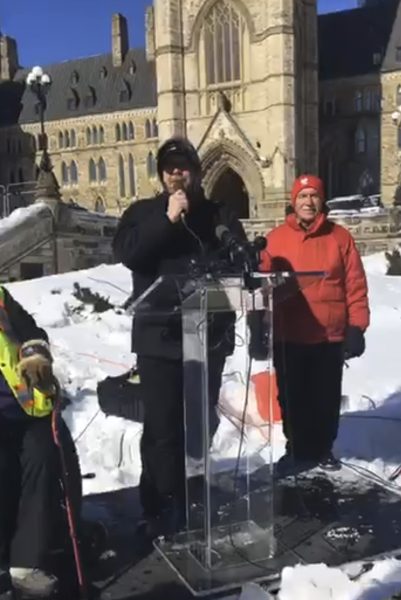
Guilbeault calls Moe’s electricity grid statements “entirely baseless and untrue,” but never says anything about the planned policy of getting rid of all coal and natural gas power (86% of Saskatchewan’s power on some days this last winter.) Hmmmm….

Guilbeault calls Moe’s electricity grid statements “entirely baseless and untrue,” but never says anything about the planned policy of getting rid of all coal and natural gas power (86% of Saskatchewan’s power on some days this last winter.) Hmmmm….
Moe draws the line in the dirt: “We will not attempt the impossible when it comes to power production”
Net Zero by 2035? Not going to happen in Saskatchewan, according to Scott Moe. Natural gas, renewables, nuclear, and maybe even coal will be part of the mix. But Saskatoon is not going to freeze in the dark on Jan. 1, 2035.
(From Kate: SDA gets results.)
One of the things Prime Minister Justin Trudeau talked about during his April 13 town hall in Regina was the idea that we’re only going to be able to buy electric vehicles by 2035, and we’re going to produce the lithium for them.

Environment Minister Steven Guilbeault announces “social cost on carbon.” Could this mean a $247/tonne carbon tax? Could it even hit $294/tonne?
Some more details in this Canadian Press story.
This is a big deal, and a huge threat to Saskatchewan and Alberta. In this Twitter video, Environment Minister Steven Guilbeault first provides the justification for why the carbon tax was originally $50, noting the government calculated the cost to be $54/tonne. Now he says they are implementing a “social cost of carbon,” and says it’s $247 per tonne. “ He calls it a “new tool the federal government is going to use on the fight against climate change.”
Is this the next threshold for the carbon tax? Sure sounds like it. Also sounds like justification for the proposed Clean Electricity Standard, to rid Canada of all coal and natural gas power generation. That’s a driving factor behind the Saskatchewan First Act. It also sounds like after the nine federal initiatives listed in the Drawing the Line White Paper, Clean Electricity Standard being No. 10, this is likely No. 11.
And have the provinces been consulted?

By federal regulation, one coal unit at Boundary Dam Power Station was supposed to shut down in 2021, another in 2024. Well, we’re not going to do that. Because we can’t. We still need them. Turns out all those wind turbines can’t be relied on, after all, can they? Like on April 4, when they put out less that 4% in Saskatchewan.
Whitecap Resources is moving along with its plans for a “carbon hub” connecting five Regina and Moose Jaw industrial CO2 emitting companies to the Weyburn Unit. This will entail a substantial CO2 pipeline from that area to Weyburn. An engineering firm has been chosen to do the front-end engineering and design.
Ken From, retired former CEO of SaskEnergy, asks if Norway or Canada is the climate hypocrite?
Ontario Power Generation recently signed up with the companies that are going to build its first small modular reactor. One of them is SNC-Lavalin.

And for those who don’t remember, SNC-Lavalin built the Boundary Dam 3 Carbon Capture Project. That didn’t work out as well as hoped. But we might not much choice in the matter.
Three stories on carbon capture and storage (CCUS): On Wednesday, the feds announced an intake for projects related to CCUS.
And the Petroleum Technology Research Centre announced recently they were including a CCUS summit in this spring’s Williston Basin Petroleum Conference.
And then there’s the oilsands efforts in CCUS. Bonus points for the Canadian Press story including the Canadian Centre for Policy Alternatives.

SaskEnergy announced on Jan. 10 it is financing the installation of a small-scale, really micro-scale, carbon capture device at the Regina Airport. The final product? Soap trade show giveaways. Really.

The other media simply didn’t get it, or didn’t read the full text of the Saskatchewan First Act, introduced on Nov. 1. It’s all about Saskatchewan imposing its own veto on federal initiatives that, if carried out to their fullest extent, by 2035 will literally mean cutting off up to 84 per cent of our power production on any given day. Those rules will also mean less fertilizer usage meaning less food.
This is Saskatchewan swinging for the fences, constitutionally. Here’s Pipeline Online’s take on the Saskatchewan First Act.
Thou shalt not use coal for power generation post-2030, the federal government hath said. And it’s moving to do the same with natural gas by 2035. It also wants to limit farmers’ fertilizer usage, all in the name of climate change policies.
On Nov. 1, the Province of Saskatchewan said, “To hell with that,” but in a more sophisticated, legal manner.
Saskatchewan threw down the gauntlet with the federal government on Nov. 1, introducing Bill No. 88, The Saskatchewan First Act. If implemented in its current form, the Act basically says Saskatchewan will make its own decisions and rules on environmental standards, particularly those applying to greenhouse gas emissions and power generation.
And here is Zinchuk’s column interpreting it. His daughter wonders if we’ll be reduced to kerosene lamps.

In PipelineOnline.ca’s continuing series on the apparent end of additional carbon capture implementation on this province’s coal-fired power plants, leading to the eventual death of the coal industry, today’s story is reaction from the reeve of the RM of Estevan, Jason LeBlanc.
Back in 2019, before he became reeve of the Rural Municipality of Estevan No. 5, Jason LeBlanc was standing in deep snow on Parliament Hill, protesting the carbon tax imposed by the Liberal federal government. And now the largest industry in his RM will likely be largely shut down by the end of this decade, due to that government’s policies against coal-fired power.
And
“The government is knocking on our own people,” he said, speaking of Saskatchewan. “The government is who’s buying into this? And they need to just stand up and say, ‘No.’
“The pendulum always swings. Our ancestors looked for any way to heat the house and to do stuff. And they figured out a way, and it was coal.”
“Other parts of the world are starting to go back. They know it’s not sustainable. It can’t be done. And we have it here. It’s already producing,” he said.
At the termination, CO2 follows dT exactly, but at the inception CO2 does not follow temperature down for 14,218 years. Full glacial conditions came into being without falling CO2 providing any of the climate forcing.
3,295,492 stinking giant fans won’t save us